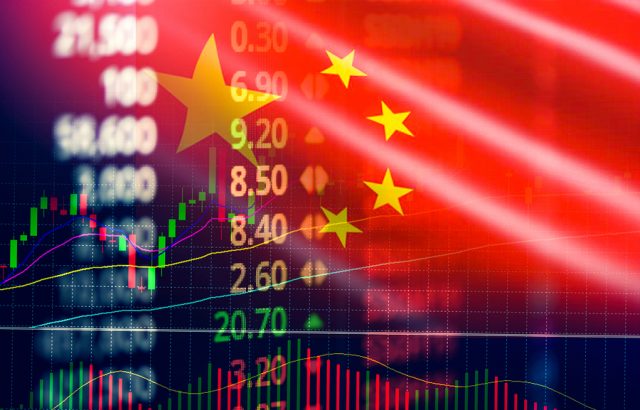At the macroeconomic level, the markets process a series of Chinese macroeconomic figures. It turned out that the second largest economy in the world grew by 6.2 percent in the second quarter. That is the weakest growth rate in 27 years. However, Chinese industrial production and retail sales increased more than expected last month.
If you look at China, economic growth rates of 10 percent per year were the norm for a long time. So if growth falls back to ‘only’ six percent, that’s bad news. China is working hard to switch from an economy that is mainly driven by exports, to a country that relies more strongly on the growth of domestic consumption. A lower economic growth rate is also appropriate.
In the short term, there are the necessary issues for China. China is currently engaged in a trade war with the United States. The Americans levy higher import taxes on many products from China.
In view of the importance of China for many surrounding Asian countries, the Chinese slowdown in growth may also have a significant impact on other Asian countries.
Beijing has recently taken stimulus measures to boost the economy. For example, banks were allowed to lower their capital buffers in order to be able to lend more money. Various taxes were also lowered, where policymakers in the Communist country around 2 trillion yuan, more than 258 billion euros.
Various macroeconomic figures indicate that that is starting to work. For example, factories produced 6.3 percent more in June than in the same month a year earlier. That was more than the 5.2 percent average economists expected. The Chinese also spent more in the store. Retail sales increased 9.8 percent compared to June 2018, whereas economists had expected 8.5 percent.
Private investments increased further, while the investments of state-owned companies actually declined somewhat. This indicates that it is possible to get more money to the private sector.
House prices rose by 0.66 percent compared to May, which reduced that growth. Less was also invested in the development of real estate. Beijing is keeping a close eye on the real estate market. There is widespread fear of a bubble that could cause major damage to the economy if it breaks.










